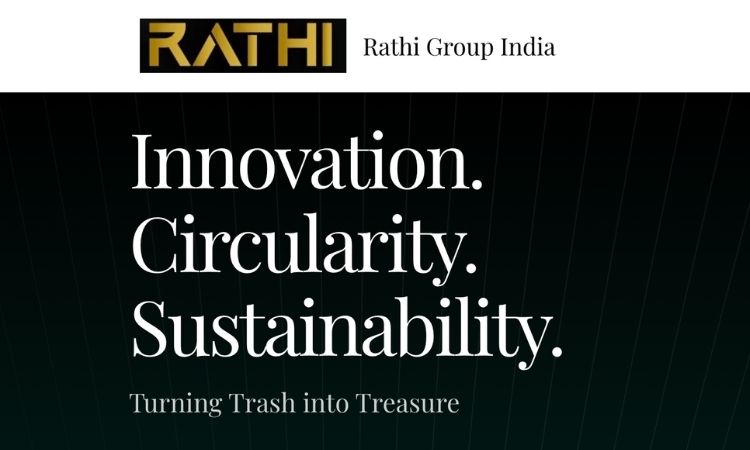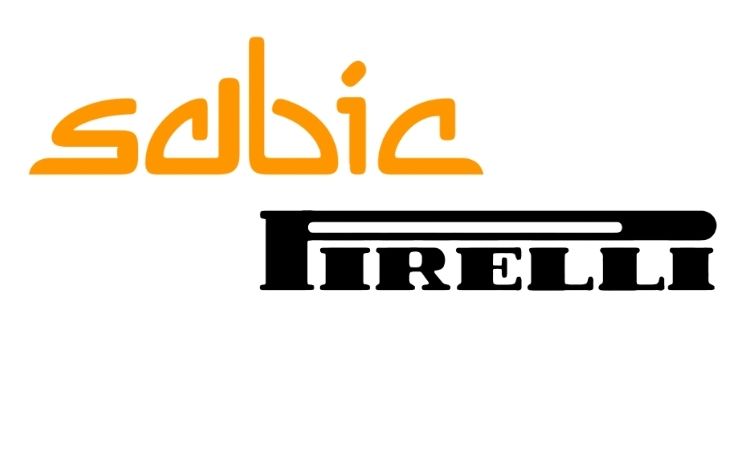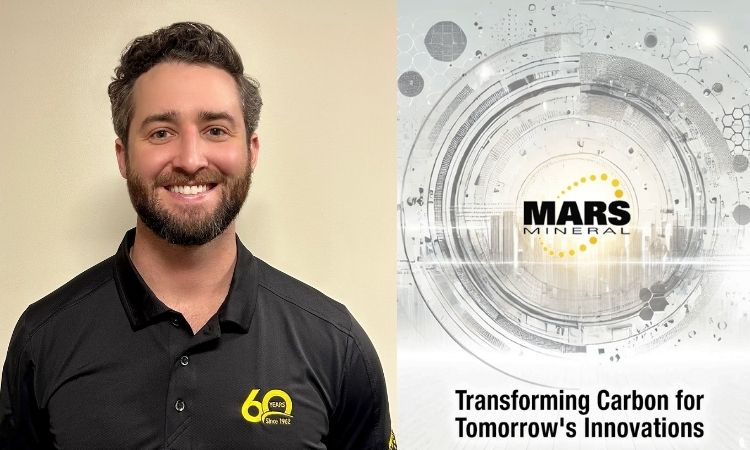UK’s environmental activist exposes scrap tires misuse, suggests circular economy approach
George Monbiot, a columnist for The Guardian stated that Britain was avoiding tire recycling in the country and was sending instead huge cargos of scrap tires to India. Once the exported waste tires reached facilities in India, they were processed into fuel by means of pyrolysis in most cases. According to the journo’s study, the British authorities haven’t been checking that scrap tires actually were handled at the legal premises and were absolutely safe to the environment. Thus, he concluded that the tire processing was not being monitored carefully enough.
Monbiot also claimed that it was unclear where discarded tires ended up as the special policy on control was lacking. Moreover, the authorities failed to introduce policies advancing reuse of scrap tires via retreading.
Commenting on retreading, one Indian tire dealer said that it used to be performed in the past, but not now any more. He said that tires are now normally collected by a recycler, and there wasn’t any special law to tackle that.
To tackle the issue of scrap tires and to make producers responsible for waste management, Environmental Research and Action Group, Chintan, proposed to advance the application of crumb rubber modified bitumen and to apply it in roads in India. The group’s report claims that this could cut the imports of bitumen by over 10 percent. Moreover, this would help to use scrap tires in a sustainable way. Some data indicate that India has an annual import of bitumen up to 800,000 tons.
At the same time, the Union Ministry of Road Transport and Highways is also promoting the application of crumb rubber modified bitumen as it can reduce the costs of road surfacing and improve pavement performance and endurance. In addition, this material makes road more resilient to bad weather conditions and prevent cracks.
Therefore, the Chintan report proposed to introduce a special directive to the highway construction companies ordering them to apply higher levels of crumb rubber modified bitumen by bringing it to the level of up to 40 percent in total; currently, the level is estimated at around 3 percent. This sustainable approach would promote circular economy and help reduce waste tire problem.
Article by The Hindu Business.
Weibold is an international consulting company specializing exclusively in end-of-life tire recycling and pyrolysis. Since 1999, we have helped companies grow and build profitable businesses.









